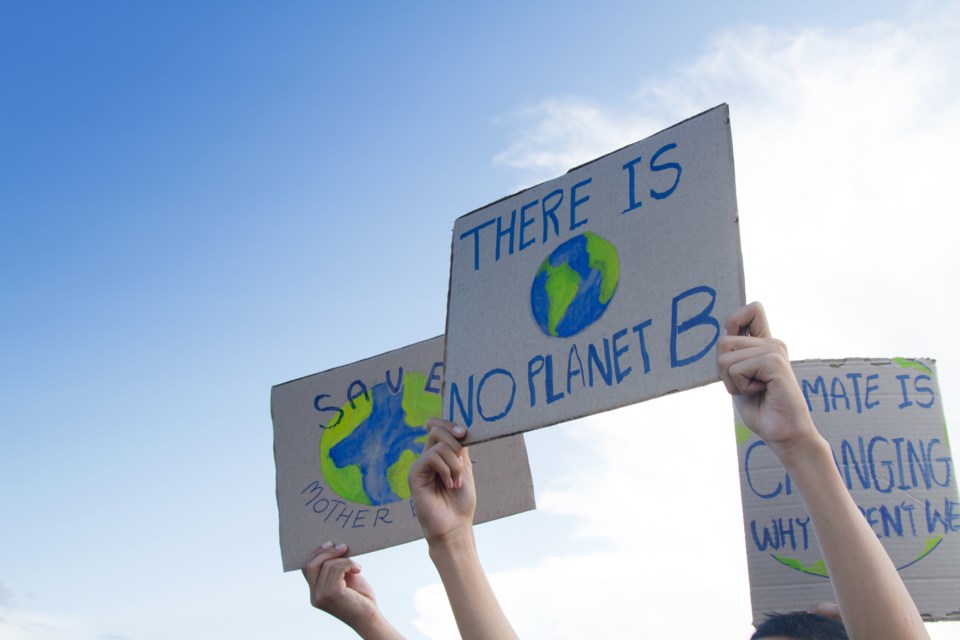In a Washington Post interview with Greta Thunberg she was asked “What can we learn from the pandemic about what can be accomplished when people do treat a crisis like a crisis?”
Her answer was comprehensive but in one portion she said “Right now, what’s holding us back is that we lack political will. We don’t prioritize the climate today. Our goal is not to lower emissions. Our goal is to find solutions that allow us to continue life [as it is] today. And, of course, you can ask, ‘Can’t we have both?’ But the uncomfortable truth is that we have left it too late for that.”
Insightful. We have known about the impact of the fossil fuel industry and our dependence on combustion for the past 100 years. The Intergovernmental Panel on Climate Change has been meeting to document the decline of the environment and the impact of increasing carbon dioxide levels for the past 30 years. And yet, we have done very little.
We have passed over various tipping points and this past year is a preview of the new normal – at least for British Columbia. I know there will be naysayers who will point out the extreme cold of the past two weeks and say something like “You said climate change is supposed to increase the temperature but look at how cold it was!”
What this argument misses is all of the factors involved in the evolution of the climate. It is not just about temperature but what temperature does. Increased evaporation from the tropical ocean results in more water vapour which can result increases in the flow of atmospheric rivers. The increased flow results in shifts in the direction of the river and suddenly the lower mainland is flooded.
Breakdowns in the structure of the jet stream resulting from changes in the energy flux feeding the atmosphere result in arctic air masses pushing through the polar vortex and Northern B.C. has a cold Christmas.
Changes in the flux of water from the ocean and shifting atmospheric water flows result in drought in the lower Okanagan and into the entire west coast of North America.
It is too late to stop it. Now, it is just a question of mitigating the damage.
Todd Whitcombe is a chemistry professor at UNBC.



